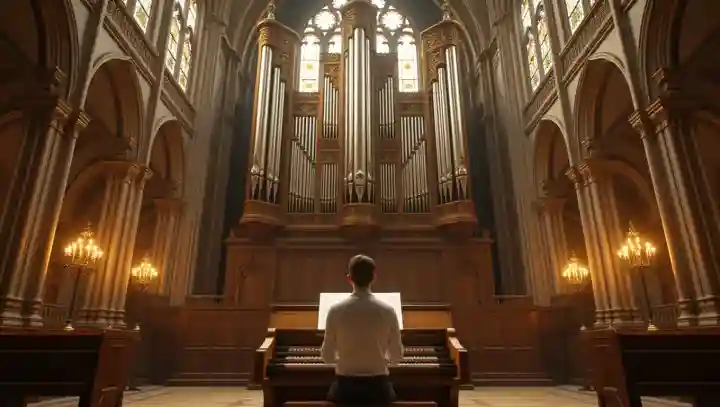
In London, renowned organist Dame Elizabeth Warren recently delivered a compelling recital celebrating the historic and musical prominence of the pipe organ, famously dubbed the 'Queen of Instruments.' The event underscored the organ's unmatched capacity to convey both delicate nuances and grand, powerful tones, affirming its unique status in the world of music. Experts from the Royal College of Music emphasize that the organ's extensive range and complex mechanism enable musicians to explore an extraordinary palette of sounds. This versatility explains the instrument's central role in sacred ceremonies and concert halls across centuries. Dr. Malcolm Reynolds, a noted musicologist, remarked, 'The organ embodies an orchestral array of voices, elevating musical expression to unparalleled heights.' Recent technological advancements have also fostered a resurgence of interest in organ music. Digital organs and innovative composition techniques have expanded the instrument's audience and cultural relevance, adapting it to contemporary musical genres while preserving its classical heritage. Audience engagement in live performances has notably increased, reflecting this renewed enthusiasm. The growing visibility of the organ in global music festivals and educational programs highlights its enduring influence. Its designation as the 'Queen of Instruments' aptly reflects its regal presence, both sonic and symbolic, as a timeless pillar of musical artistry and cultural identity.